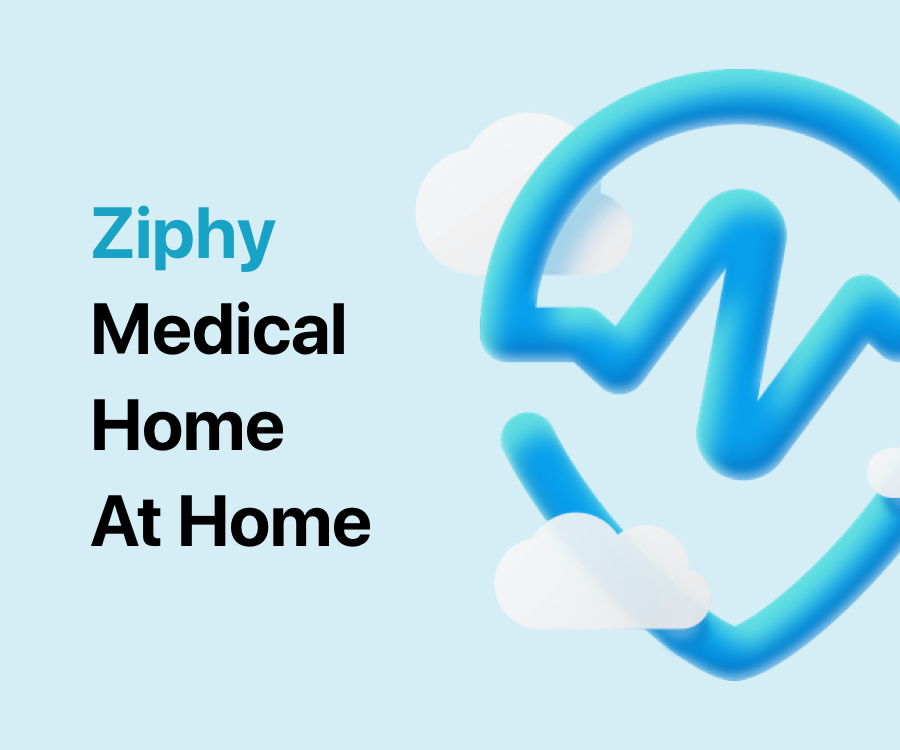If you are concerned that your doctor may have mistreated you during medical care, you need to get access to your medical records. This is especially important if you intend to make a claim against your doctor for medical negligence.
There are several things you can do to try and get your medical records. The most common is to request the documents from the doctor or hospital where you received treatment.
How do I get my medical records?
When a doctor passes away, it can be very difficult to get your medical records. The Health Insurance Portability and Accountability Act (HIPAA) protects sensitive patient information, but it can make it tricky to obtain your records when you’ve lost a doctor or practice.
A patient’s medical record is a detailed document that documents the patient’s medical history and includes information about their current state of health. This information is used by doctors, nurses, and other health-care professionals to understand the patient’s needs and provide care.
The medical record is often written on paper, but it can also be digital. It contains information about the patient’s physical and mental health, as well as the results of various diagnostic tests. It also includes demographic information such as the patient’s name, date of birth, address, and other contact details. It may also contain medical notes from other doctors who have treated the patient in the past.
How do I register the death?
Once you know the cause of death, you can register it with a civil registration service. This is a free service that can be done by phone or online. You can also book a walk-in appointment in some offices, or call and speak to a registrar over the phone (you need to bring identification).
A medical certificate of cause of death must be issued within one month of the person’s death by someone who saw them in a hospital, nursing home or GP practice in their last illness. If they didn’t see the deceased person in this time period, or if the cause of death isn’t known, they must refer the case to a coroner.
This can take up to a month, so you might want to wait before going to the registration service. If the cause of death isn’t known, you can ask for a post-mortem examination to try to find out more about it.
How do I give permission for organ donation?
There are several ways to give permission for organ donation, but the most convenient option is a simple check of your loved one’s driver’s license. Alternatively, you can sign up through your state’s donor registry.
If your deceased loved one has a will that contains a section regarding organ donation, you can also opt in to this by having your executors provide you with a signed and notarized letter. This will provide you with a clear legal authority to act on their behalf in the event of their passing.
In addition, you can actually give your loved ones the ability to donate their organs by appointing them a nominee with the power of attorney. A nominee will be your next of kin and have the same powers as a deceased person would have, or a legal guardian if you are under 16. The most important thing to remember is that a nominee is only allowed to make decisions on your behalf until your death, at which time they lose their authority.
How do I collect my loved one’s belongings?
Once your loved one has died, it’s important to collect their belongings and register the death. You will need these documents to start funeral arrangements and secure any assets.
Some hospitals operate an appointment system to help you collect documents and belongings. You can book a time that works for you and pick up any items you may need, such as their car keys or wedding rings.
Getting copies of the death certificate is an important step in closing accounts and transferring ownership of your loved one’s assets. You can order at least ten certified copies from the vital statistics office in your state.
Once you’ve got the death certificate, you can go through their mail and online accounts to identify which bills they may have been paying. Make a list of these bills and set a plan for paying them. Also, close any credit card accounts your loved one had. This will prevent you from having to pay creditors with your own money or giving them access to their accounts.



